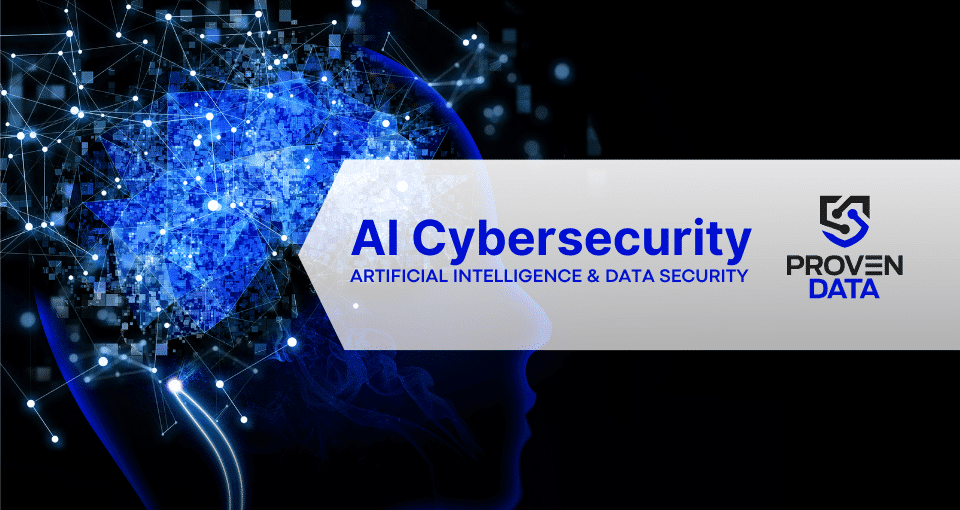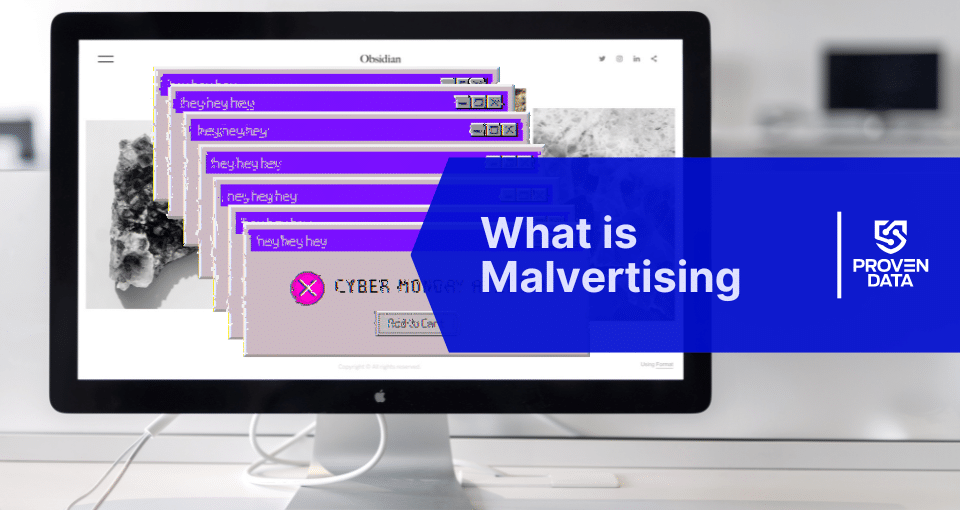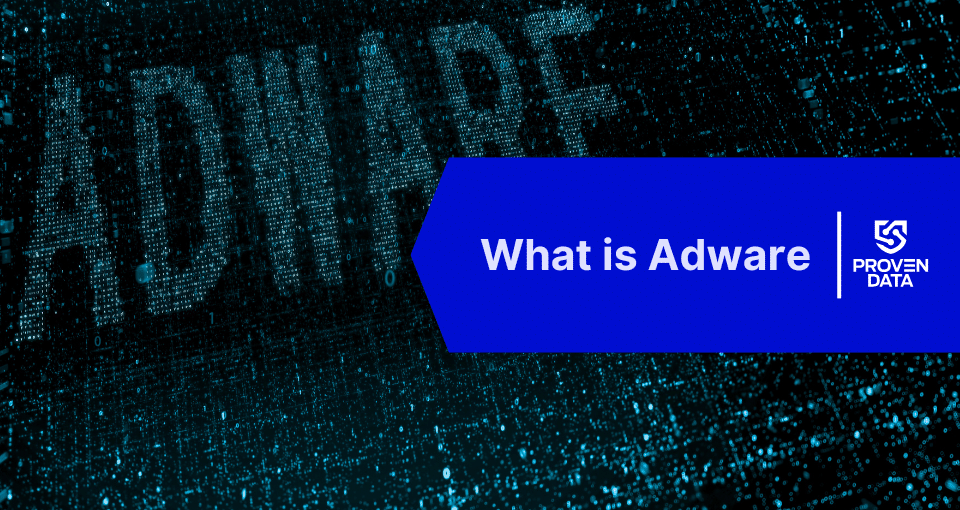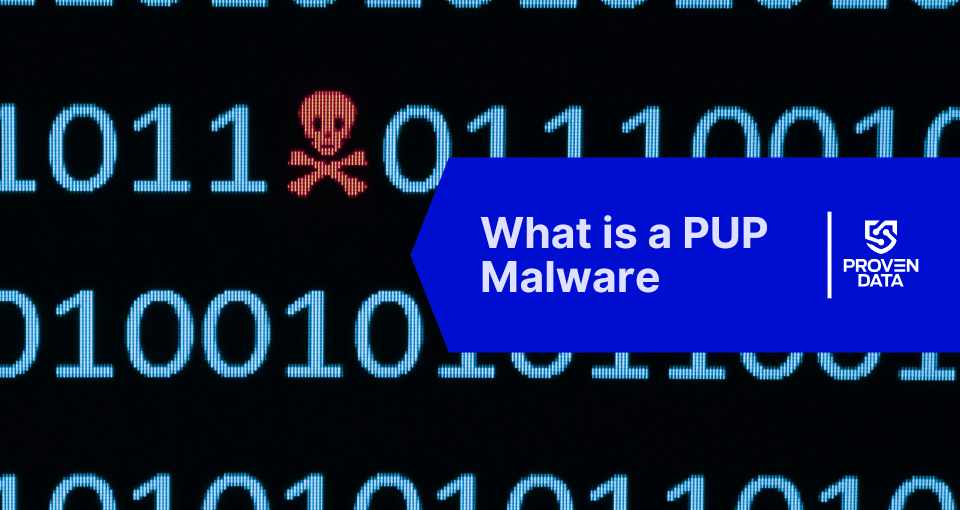Organizations’ and industries’ performance is interlinked with technology, increasing cybersecurity’s significance. Artificial intelligence stands as the perfect ally to improve cybersecurity solutions. The integration of artificial intelligence (AI) and cybersecurity emerges as a transformative force, especially as innovation offers unparalleled opportunities to enhance the speed and accuracy of detecting anomalies.
Government agencies like CISA play a crucial role in promoting the adoption of AI in cybersecurity and safeguarding critical infrastructure from evolving cyber threats. CISA’s Roadmap for Artificial Intelligence outlines strategic initiatives aimed at assessing cyber-related risks, providing guidance to critical infrastructure sectors, and leveraging AI to enhance cyber defenses.
This article explores the applications of AI in cybersecurity, investigating how AI-powered threat intelligence, threat detection, and response can fortify the defense against emerging cyber threats.
Understanding AI in cybersecurity
Artificial Intelligence diverges from conventional cybersecurity methodologies, offering swifter and more adaptive responses to the escalating complexity of cyber threats.
Traditional approaches often prove sluggish and rigid in safeguarding organizations against evolving attacks.
AI’s integral role in modern cybersecurity is highlighted by its ability to expedite threat detection and response, preempt future attacks, and fortify the protection of critical assets.
It encompasses several techniques and applications, including Machine Learning (ML), Deep Learning (DL), Natural Language Processing (NLP), Computer Vision (CV), and Robotics.
ML and DL, in particular, have emerged as pivotal subsets, wielding significant influence in cybersecurity.
Machine Learning (ML) involves developing algorithms that empower computers to learn and enhance their performance without requiring explicit programming. By discerning patterns from data, ML algorithms estimate future occurrences and enhance overall performance. It is categorized into supervised, unsupervised, and reinforcement learning.
Deep Learning (DL) concentrates on building artificial neural networks capable of learning from extensive datasets. By doing so, DL performs intricate tasks such as image recognition, natural language processing, speech recognition, and computer vision.
How businesses can use the benefits of AI in cybersecurity
As businesses face more complex online threats, using AI for security is crucial to making their online defenses stronger. Besides finding and stopping threats in real-time, AI also strengthens defenses and predicts what might come next.
By using all the smart features of AI, businesses can stay ahead and keep their digital information safe and secure.
Spotting and stopping threats
By looking at past data, AI learns how online attackers behave and can guess what they might do next. This helps businesses get ready and avoid problems before they happen.
The technology can also suggest improvements to security and test different scenarios to find the best ways to stay safe.
AI-powered security tools, like User and Entity Behavior Analytics (UEBA), use smart algorithms to determine what’s normal for each user and system and take action if anything unusual happens.
Also, the Cybersecurity and Infrastructure Security Agency (CISA) has spearheaded initiatives such as the Pre-Ransomware Notification Initiative and the Secure Our World program, which aim to identify and mitigate cyber threats before they escalate proactively.
Real-time threat detection
AI verifies and authenticates users and devices accessing digital systems through biometric, behavioral, and contextual data.
This includes face and voice recognition, fingerprint analysis, location tracking, and device type authentication.
Additionally, AI enforces the principle of least privilege, granting minimal access levels and revoking them when no longer necessary.
Weaknesses in management and system protection
AI can automatically fix issues and prioritize the most important ones, making sure that the business stays safe. It also scans the entire system, checks for possible risks, and gives advice based on the business’s data and how it works.
However, it is important to remember that artificial intelligence is still a set of algorithms designed to perform a task. Therefore, you have to teach it what normal behavior is in your systems and networks so it can easily detect abnormalities.
Process large datasets
AI collects, analyzes, and correlates data from diverse sources, including network logs, social media, and the dark web.
This empowers actionable and timely intelligence on cyber threats, vulnerabilities, and trends, aiding security teams in prioritizing critical threats.
Pattern recognition
Leveraging machine learning and deep learning methods, AI enhances the monitoring and protection of digital systems against cyberattacks.
It detects anomalies, patterns, and indicators of compromise, automating response actions such as blocking, isolating affected systems and generating incident reports.
The downside of AI in cybersecurity
While Artificial Intelligence has demonstrated significant potential for enhancing cybersecurity, it also introduces new challenges and risks.
To address these risks, it is crucial to implement robust security measures and conduct regular audits. All to ensure transparency and accountability in the development and deployment of AI systems.
A combination of AI and human oversight is recommended to create a more resilient cybersecurity strategy.
Adversarial attacks
Adversarial attacks involve manipulating AI models by introducing carefully crafted input data to deceive the system. Attackers may exploit vulnerabilities in the AI algorithms, leading to incorrect predictions or classifications.
This can compromise the integrity of AI systems, leading to incorrect decisions and potentially enabling malicious activities.
Data poisoning
Data poisoning involves feeding biased or manipulated data into AI models during the training phase.
If AI models are trained on poisoned data, they may produce unreliable outcomes, leading to security vulnerabilities and potential exploitation by adversaries.
Privacy concerns
AI systems often rely on large datasets, including sensitive personal information. Improper handling of this data can lead to privacy breaches and violations of regulatory requirements.
Unauthorized access to or misuse of sensitive data by AI systems can result in legal consequences, reputational damage, and loss of trust.
Lack of explainability
Many AI algorithms, especially complex deep learning models, operate as “black boxes,” making it challenging to understand the reasoning behind their decisions. Lack of transparency can hinder the identification of malicious activities.
Overtrusting AI
Employing AI for security tasks without human oversight can create a false sense of security.
That is because AI systems may not be equipped to handle all types of threats, especially novel or sophisticated attacks.
Model inversion attacks
Model inversion attacks involve extracting sensitive information about the training data or features used by an AI model by manipulating the model’s outputs.
Attackers can exploit model inversion to reveal confidential information, potentially compromising the privacy of individuals or organizations.
Bias and fairness issues
AI models may inherit biases present in the training data, leading to discriminatory outcomes. Bias in decision-making can have ethical implications and result in unfair treatment.
Quick Summary
AI applied to business cybersecurity plays a pivotal role in protecting data against cyber threats. From improving threat detection to proactive vulnerability management and predicting future threats, AI emerges as a game-changer in the dynamic landscape of cybersecurity.
The Proven Data cybersecurity team can offer you and your business expert guidance and tailored solutions to fortify your digital defenses and apply AI-powered solutions.







